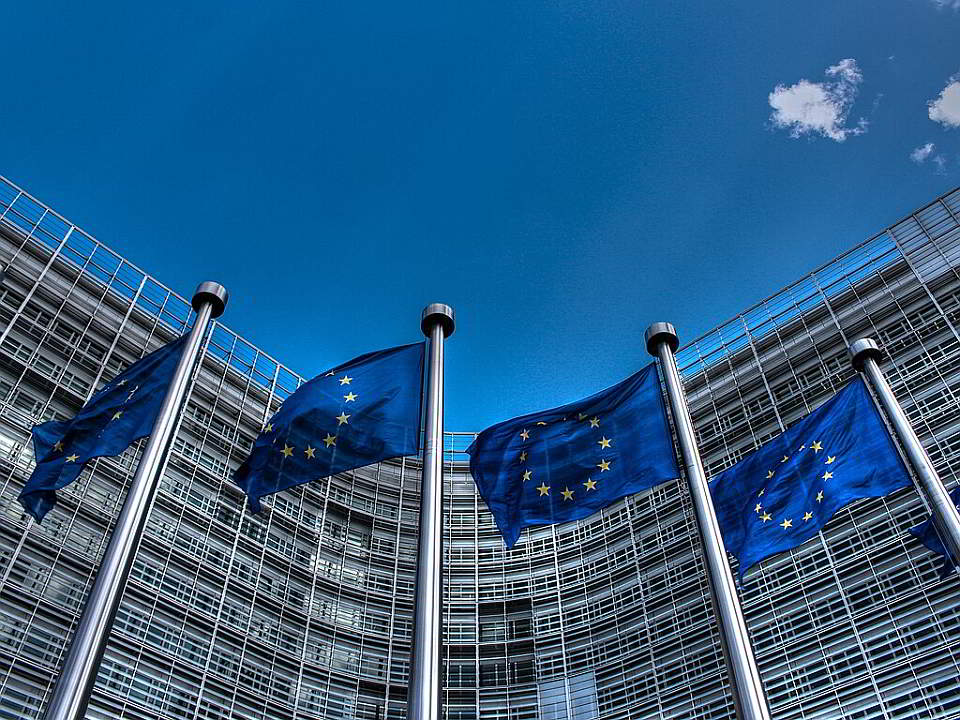Why reporting matters
There is growing recognition within EU institutions of the need to address military greenhouse gas emissions. The EU’s Climate Change and Defence Roadmap, recent European Parliament resolutions (2022, 2023), and ongoing work by the European Defence Agency Consultation Forum for Sustainable Energy in the Defence and Security Sector (EDA CF SEDSS) have all highlighted the importance of monitoring and reducing the defence sector’s climate impact. These initiatives reflect that within recent years, there has been an emerging consensus that reducing military emissions must be part of the EU’s broader climate strategy.
Yet despite this increased attention, military emissions remain largely absent from the EU’s central climate governance frameworks, including the Green Deal and National Energy and Climate Plans (NECPs), which are the primary documents through which Member States set out how they will meet EU climate and energy targets. This gap between political recognition and practical implementation has significant consequences for both the EU’s climate goals and the long-term resilience of its armed forces.
First, it jeopardises climate targets. The EU positions itself as a global leader in climate mitigation. Under the Green Deal, it has set an ambitious goal of reaching net-zero emissions by 2050. However, achieving this target requires comprehensive accounting across all major sectors. Failing to properly include a sector whose global emissions footprint rivals that of medium-sized EU member states, such as Portugal or Croatia, undermines the credibility and feasibility of these climate commitments.
Second, it compromises military resilience. As Dutch former Chief of Defence Tom Middendorp highlights in his book Climate General, armed forces are deeply reliant on fossil fuels for mobility and operations. This dependence introduces strategic vulnerabilities, leaving militaries exposed to price volatility, strained supply chains, and potential shortages. Transparent emissions reporting is not just about meeting climate targets; it is also essential for encouraging decarbonisation policies, in turn reducing militaries’ exposure to these vulnerabilities.
Third, it overlooks how climate change amplifies security risks. A growing body of research shows that climate impacts exacerbate existing pressures, contributing to food insecurity, water scarcity, and forced migration; factors that can drive conflict and instability. Climate stresses have already played a role in communal conflicts and provided openings for extremist groups in fragile regions. The Institute for Economics and Peace projects that over 2.8 billion people will live in countries facing severe ecological threats by 2050, displacing tens to hundreds of million people and significantly increasing the risk of conflict. Therefore, by neglecting to systematically account for the climate consequences of military activities, the EU risks deepening the very security challenges it seeks to mitigate.
